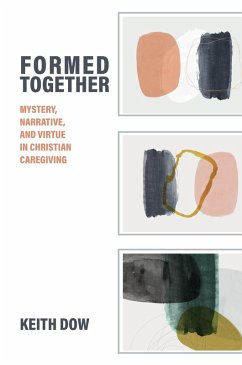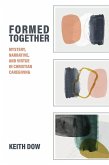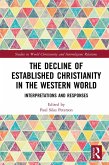Joy, pain, celebration, and grief are constant companions on the journey of caregiving. While remaining detached might seem the preferable option, it is not possible to disentangle the threads of our interwoven stories. Our lives are shaped by each other. We are transformed by our encounters.
In Formed Together, Keith Dow explores the questions of why we should, and why we do, care for one another. He considers what it means for human beings to be interdependent, created in the image of a loving God. Dow recounts personal experiences of supporting people with intellectual disabilities while drawing upon theological and philosophical sources to discover the ethical underpinnings of Christian care. Formed Together reveals that human beings care for one another not merely by choice, but because every person relies upon others. People are called together in mutually formative practices of care, and human flourishing means learning to care well. Dow suggests five virtues that mark ethical caregiving, such as humble courage and quiet attentiveness. These practices can help guide caregivers in responding to the divine call to care.
Dow demonstrates that ethical practices of care do not depend upon intelligence or rational ability. Many are called to the vocation of tending to and being present in the needs of others. To be formed together in the divine image means that caregivers never entirely comprehend themselves, others, or God. Rather, caring well means that humans are to accompany one another in and through experiences of profound mystery and revelation.
In Formed Together, Keith Dow explores the questions of why we should, and why we do, care for one another. He considers what it means for human beings to be interdependent, created in the image of a loving God. Dow recounts personal experiences of supporting people with intellectual disabilities while drawing upon theological and philosophical sources to discover the ethical underpinnings of Christian care. Formed Together reveals that human beings care for one another not merely by choice, but because every person relies upon others. People are called together in mutually formative practices of care, and human flourishing means learning to care well. Dow suggests five virtues that mark ethical caregiving, such as humble courage and quiet attentiveness. These practices can help guide caregivers in responding to the divine call to care.
Dow demonstrates that ethical practices of care do not depend upon intelligence or rational ability. Many are called to the vocation of tending to and being present in the needs of others. To be formed together in the divine image means that caregivers never entirely comprehend themselves, others, or God. Rather, caring well means that humans are to accompany one another in and through experiences of profound mystery and revelation.
Dieser Download kann aus rechtlichen Gründen nur mit Rechnungsadresse in A, D ausgeliefert werden.









